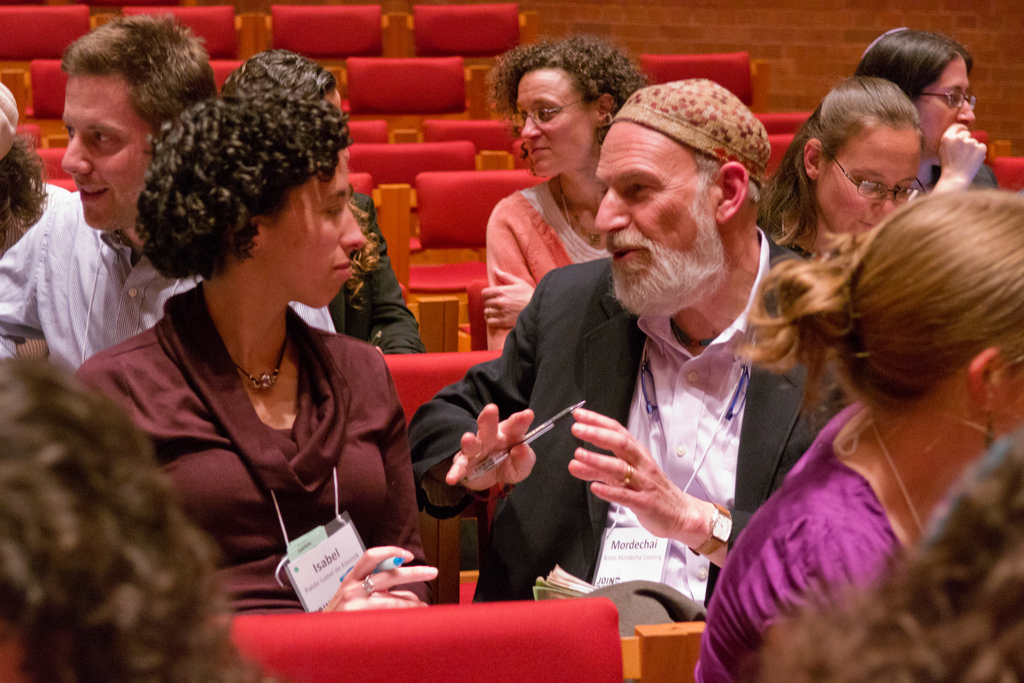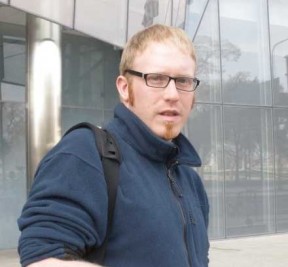JOB DESCRIPTION: Full Time Development Manager/Director
Posted: October 15, 2012
Application Deadline: ASAP
Position: Reporting to the Executive Director, the Development Manager will spearhead development efforts as JOIN for Justice continues to grow as a national organization. A new position, the Manager will have the opportunity to build the development operation. Until 2011, the organization’s work was concentrated in Boston. With its offices still located in Boston but with programming throughout the country, JOIN is expanding its donor base to reflect its programmatic geographic diversity. The Development Manager will play a key role in building those relationships and financial support.
Responsibilities include:
- Planning: Develop and execute JOIN for Justice’s annual fundraising plan
- Foundations: Secure financial support from foundations; develop and track proposals and reports for all foundation fundraising
- Stewardship: Develop and maintain ongoing relationships with major donors
- Prospect Research/Management: Create a plan to expand the individual donor base
- Annual fund: Create and execute a strategy for a large sustained base of annual individual donors
- Events: Oversee organization of special events
- Gift Processing: Manage the implementation of a new donor database and oversee staff responsible for data entry and gift processing
- Staff Board Development Committee
- Supervise Development Associate
Qualifications
- BA (required)
- 5-plus years experience in development
- Ridiculously organized, with a systemic mind
- Knowledge of donor database systems
- Excellent written and oral communication skills
- Strong time management skills
- Motivated and independent
Salary and Time commitment:Full time position. Must be able to work some nights. Salary commensurate with experience. Excellent benefits package. Exact title will be determined based on experience.
About JOIN for Justice
JOIN for Justice is growing national organization with a 15 year history, emerging from a collaboration of the Jewish Organizing Initiative and Bend the Arc: Jewish Partnership for Justice. We are focused on tapping the Jewish community’s potential to play a leading role in the social justice struggles of our day. JOIN’s cutting edge work in recruiting, training, and supporting Jewish organizers is aimed at building a new generation of effective leaders who will make lasting change. Based in Boston, JOIN carries out its work by training young Jewish adults (with the locally focused Jewish Organizing Fellowship), rabbinical students (with the Seminary Leadership Project), and organizations at the front lines of Jewish social justice efforts (with JOIN’s consultation arm).
To Apply: Applications will be reviewed as they are received, and a hire is desired as soon as possible. Submit a thoughtful cover letter and resume to applications@joinforjustice.org. Please put “Development Manager” in the subject of the email.



 Erica Concors is a recent graduate of Smith College from southern New Jersey. Erica pursues social justice work surrounding issues of health and gender. She is extremely excited about her Fellowship placement at the Moishe Kavod House as a Resident Organizer.
Erica Concors is a recent graduate of Smith College from southern New Jersey. Erica pursues social justice work surrounding issues of health and gender. She is extremely excited about her Fellowship placement at the Moishe Kavod House as a Resident Organizer.
 Aaron Gunning hails from Chicago and is a proud graduate of The George Washington University. Prior to moving to Boston he spent three years as the Director of Youth Programs at Beth Emet The Free Synagogue in Evanston, IL where he engaged young people in everything from whirlyball to exploring structural causes of poverty. He is currently a student a Boston University studying Community Education Leadership and Program Evaluation and Planning. In addition to working at JOIN for Justice he is also a resident organizer at The Moishe Kavod House in Brookline and a research assistant at The Research Institute for Learning and Development in Lexington.
Aaron Gunning hails from Chicago and is a proud graduate of The George Washington University. Prior to moving to Boston he spent three years as the Director of Youth Programs at Beth Emet The Free Synagogue in Evanston, IL where he engaged young people in everything from whirlyball to exploring structural causes of poverty. He is currently a student a Boston University studying Community Education Leadership and Program Evaluation and Planning. In addition to working at JOIN for Justice he is also a resident organizer at The Moishe Kavod House in Brookline and a research assistant at The Research Institute for Learning and Development in Lexington.


